Seoul: Lawmakers decry defense cost sharing with Washington
South Korean lawmakers and activists are opposing the Special Measures Agreement on defense cost sharing with the US, criticizing it as secretive and detrimental to South Korean sovereignty.
The agreement, which includes an 8.3% increase in South Korea's payment to the US, is seen as setting a precedent for unequal relations.
Lawmakers, joined by activists on the steps of South Korea's National Assembly, blasted the agreement on cost sharing for US troops deployed in South Korea.
With incoming US President Donald Trump saying he wants even more money from Seoul, Progressive Party members want the deal nullified.
If Trump calls us a money machine, let's say this Special Measures Agreement on defense cost sharing is a robbery.
Let's scrap the agreement and renegotiate it from the beginning.
This is what we should do as we approach the Trump era.
Jung Hye-Kyung, South Korean Lawmaker
Those opposed to the deal argue that negotiations were secret, that it increases the public's financial burden, undermines South Korean sovereignty, and, sets the tone for further unequal relations with the United States of America.
This 12th defense cost sharing Special Measures Agreement stipulates an 8.3% increase in South Korea's payment to the US for the deployment of American forces at bases across the country.
During his presidential campaign, US President Elect Donald Trump called South Korea a wealthy nation that should pay more for US forces stationed in South Korea.
American forces have been deployed in South Korea since the end of the 1950 to 53 Korean War.
But the mission of the 28,500 US troops here has shifted with US strategic interests to contain China.
The nature of the United States Forces Korea is changing a lot on the Korean peninsula; the USFK is playing a role in keeping China in check.
If that is the case, the US also needs to pay for the use of the bases on the Korean peninsula or pay for the cost of stationing troops here.
Kang Hye-Jin, Peace Activist
Each round of the closed door talks faced intense opposition.
This week, South Korean lawmakers shall debate the US troop cost sharing deal in committees, likely to include dissenting opinions, before potentially ratifying the agreement.
Scores killed as US, Turkish proxies clash in northern Syria
At least 5 dead as wildfires devour districts across Los Angeles
VIDEO | Press TV's news headlines
Houthi: Israel incapable of downing Yemen’s hypersonic missiles
Inquiry: UK soldiers executed Afghan boys 'younger than 16'
Palestinian dies due to medical negligence he faced in Israeli prisons
IRGC forces launch final stage of major drill in western Iran
Joseph Aoun voted Lebanon’s president, ending 2-year deadlock


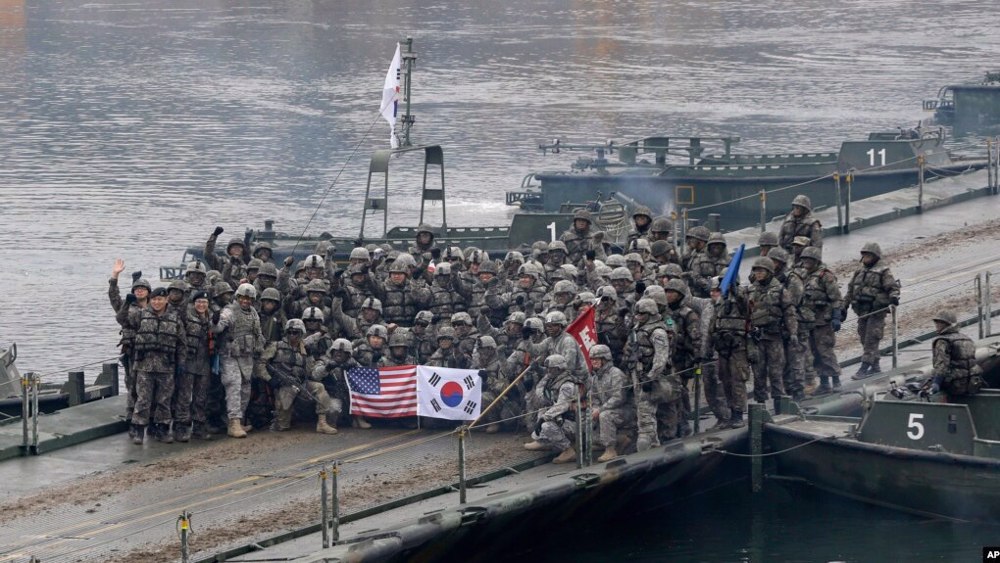
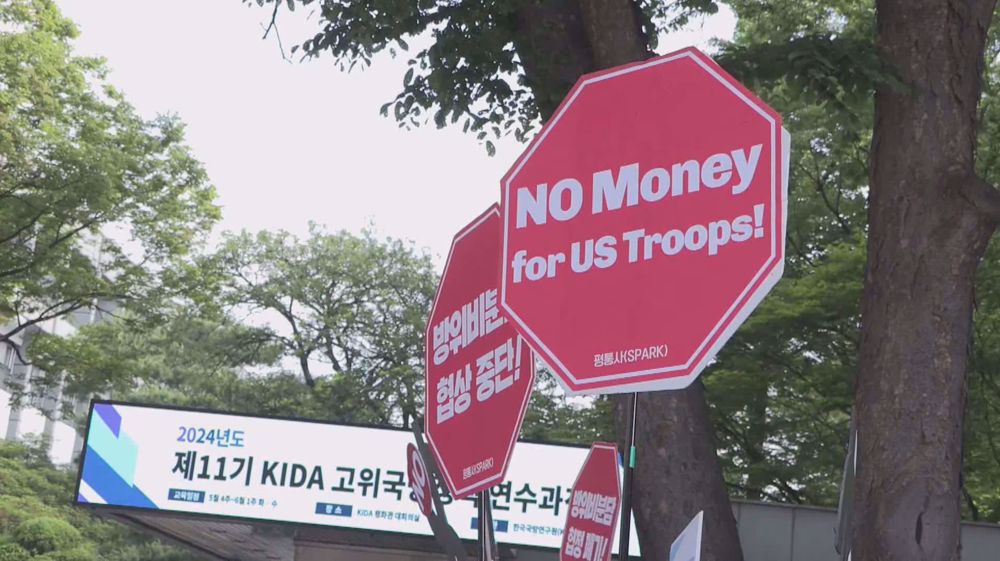
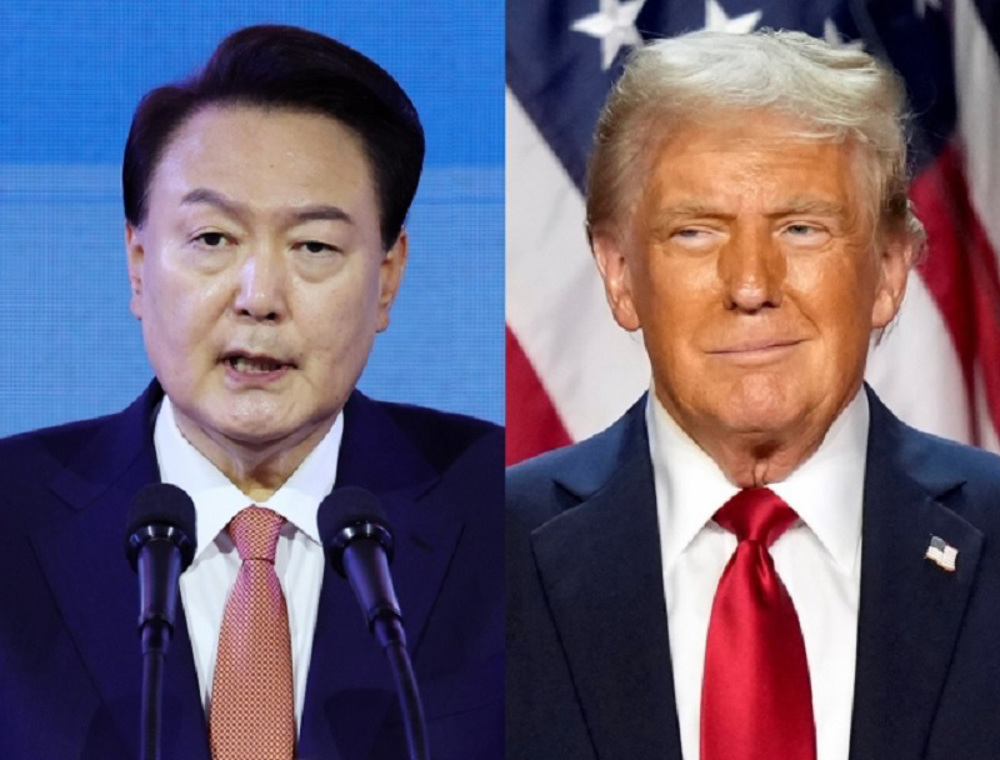
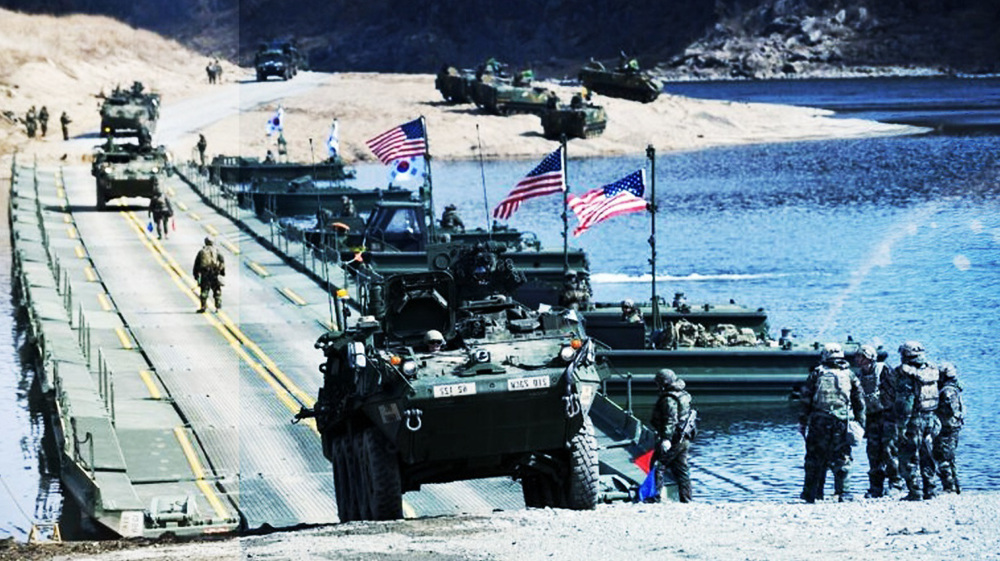
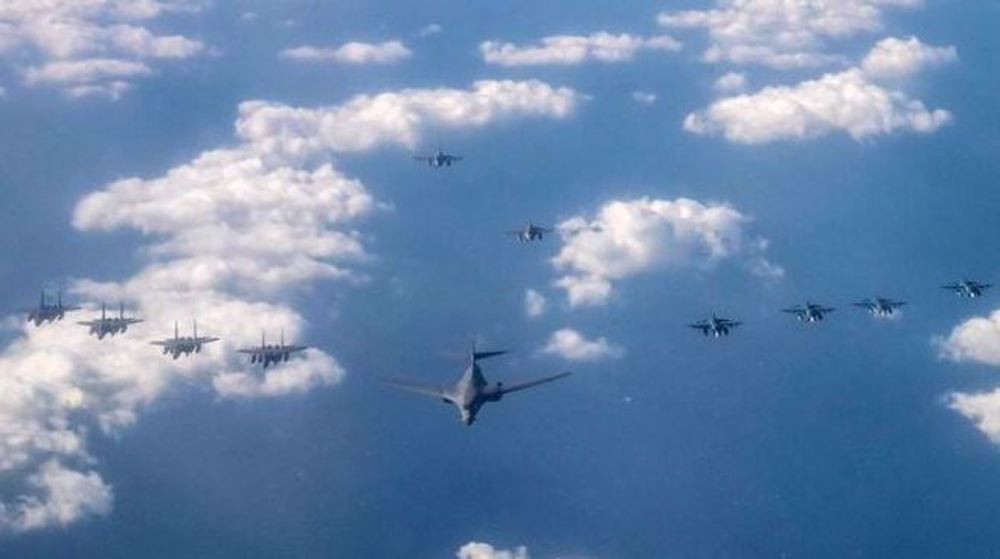






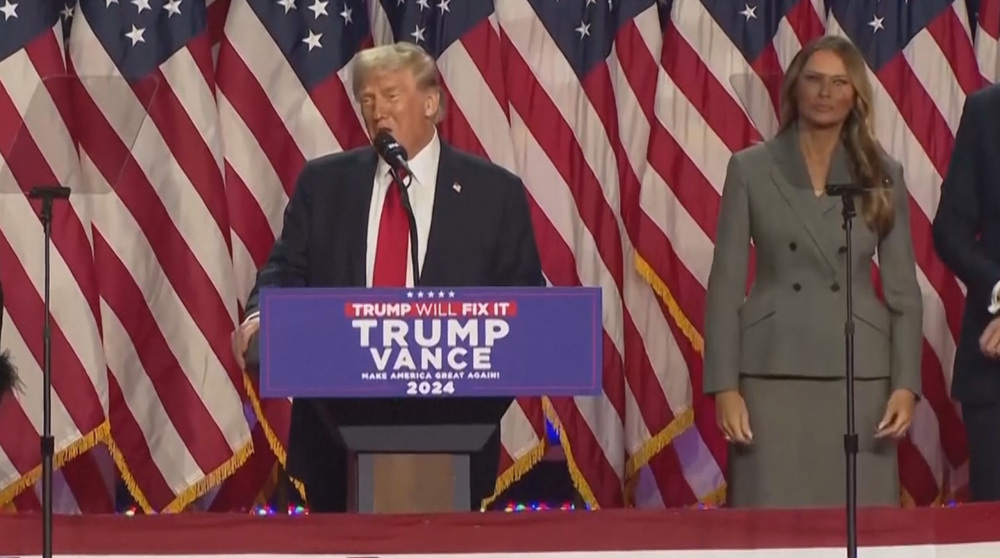
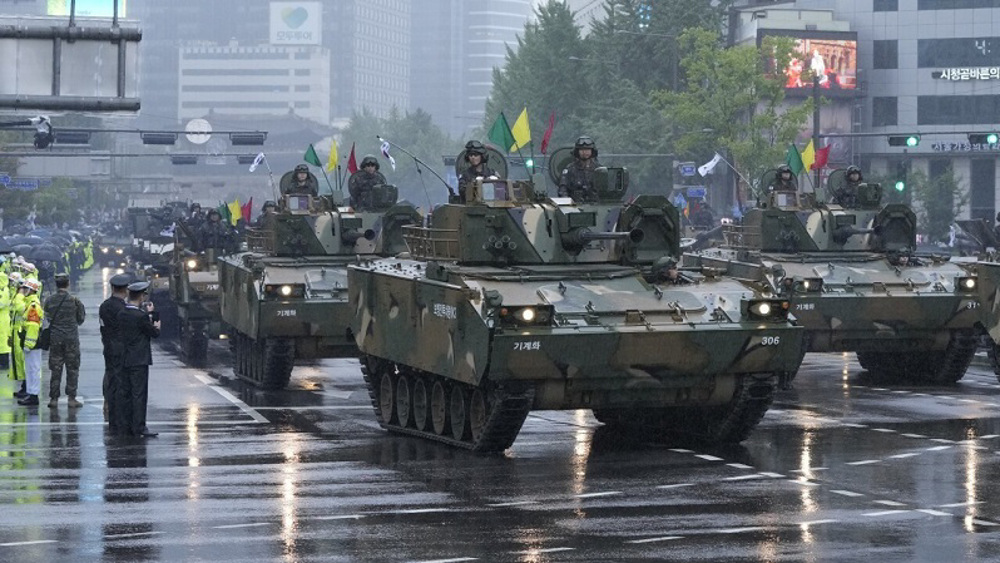
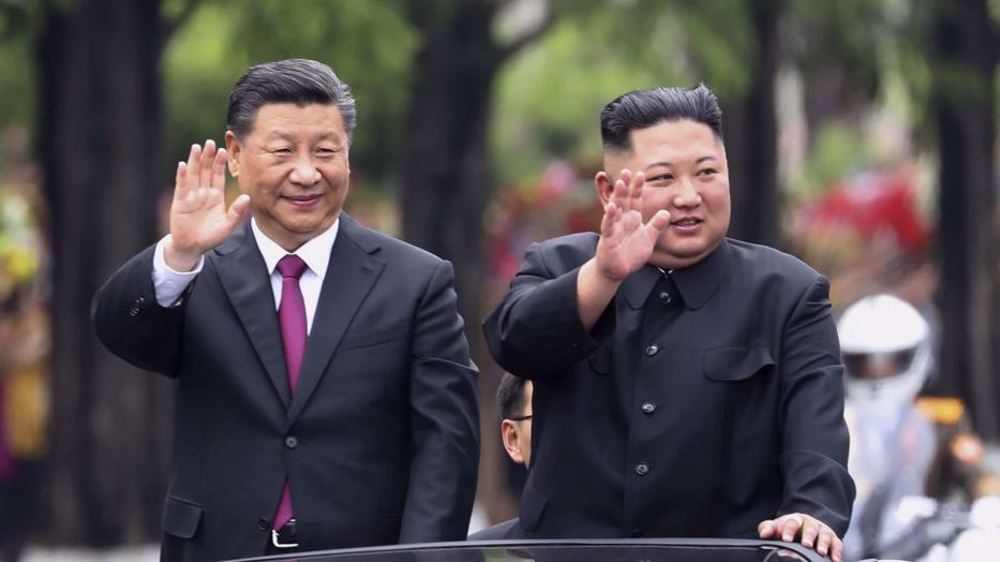
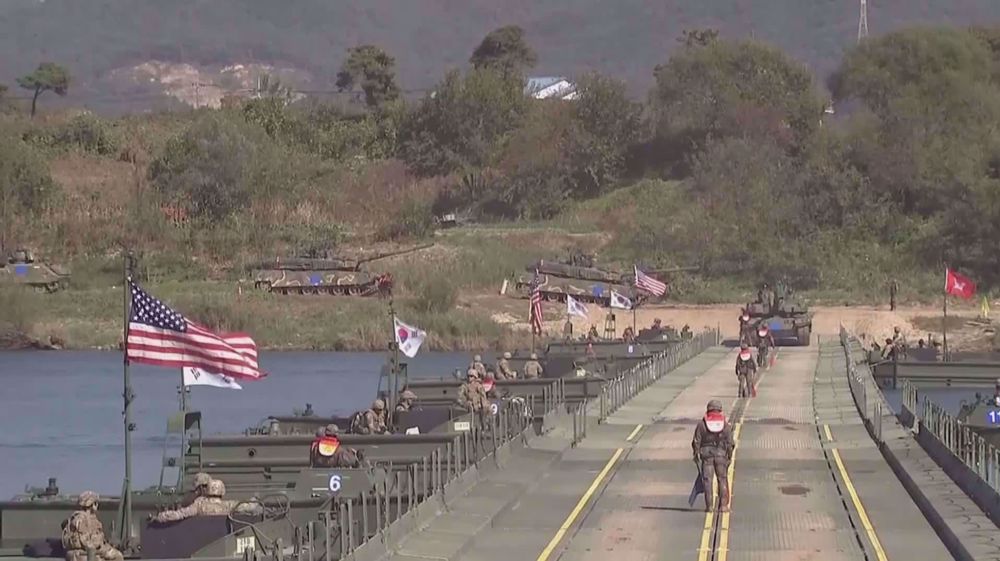
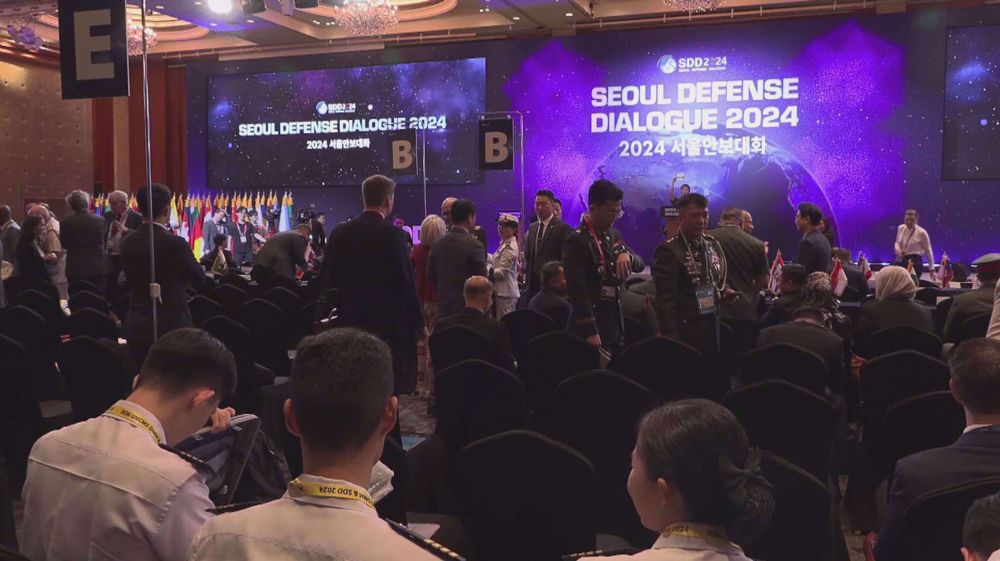
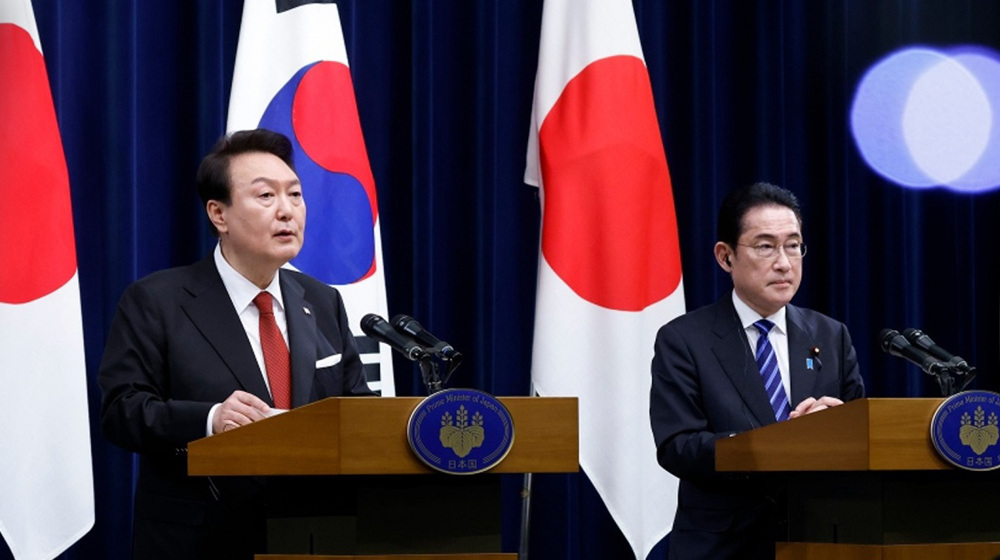
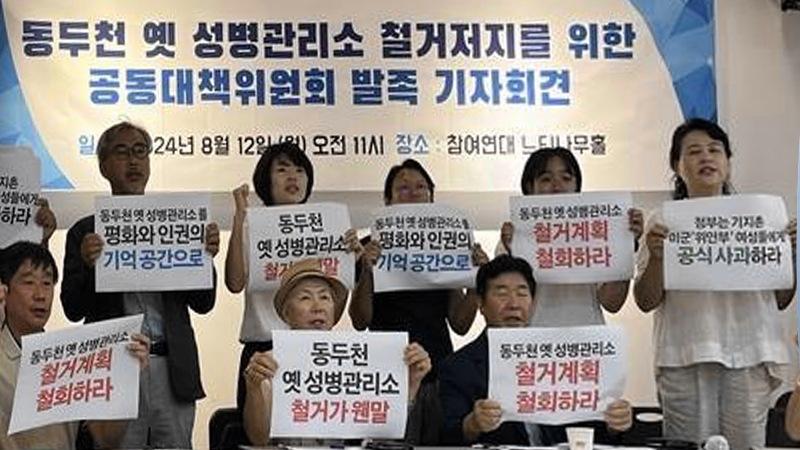

 This makes it easy to access the Press TV website
This makes it easy to access the Press TV website